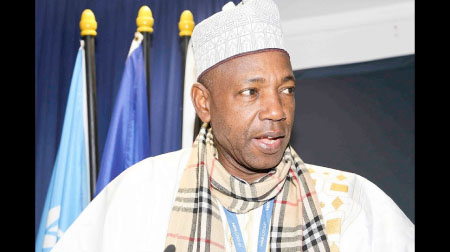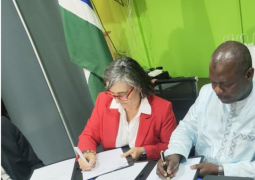
According to Minister Bah, the revised package includes a $50 insurance fee, a $42 medical services charge for doctors, and an increase in the zone fee from $199 to $399, alongside other rising costs. He said these changes, coupled with fluctuations in foreign exchange rates, particularly the depreciation of the dalasi against the U.S. dollar, have made the price revision unavoidable.
“Today the dollar has gone up to D72 towards D73, and all these monies are paid in dollars. Therefore, the price has changed to meet up with the current cost, the cost of the dollar, and to improve on the standard service delivery in the Kingdom of Saudi Arabia,” Minister Bah explained.
Minister Bah revealed that the government has initiated a comprehensive reform of Hajj operations and management in The Gambia, noting that the process has encountered some challenges along the way.
Nonetheless, he reaffirmed the government’s firm commitment to the reform agenda, stressing that the initiative is being steered by experienced professionals. According to him, the ongoing review uncovered a major gap—the lack of a formal policy framework to govern and standardize Hajj operations in the country.
“That policy is ready and subject to cabinet approval next week. We also decided there have to be regulations to regulate Hajj to make sure it is used to manage and monitor these Hajj operations. The regulation is also ready to be submitted to the cabinet next week to be approved and will be gazetted so it becomes enforceable,” he disclosed.
Minister Bah further stated that the 2026 Hajj will reflect significant improvements based on the lessons learned and expert input received during the reform process. He emphasized that the pilgrimage should not be treated as an exclusive privilege reserved for a few.
“So-called VIPs are asking people for money that these people cannot afford because we all realize how some of our grandparents went to Mecca; they had to sell cattle livestock, and some had to farm for 2 years. We know the hardship involved in the issue when it comes to hajj generally,” he said.
Hajj - the annual Islamic pilgrimage to Mecca, Saudi Arabia—is one of the five pillars of Islam and a mandatory act of worship for Muslims who are physically and financially capable of performing it.
Source: Kerr fatou





